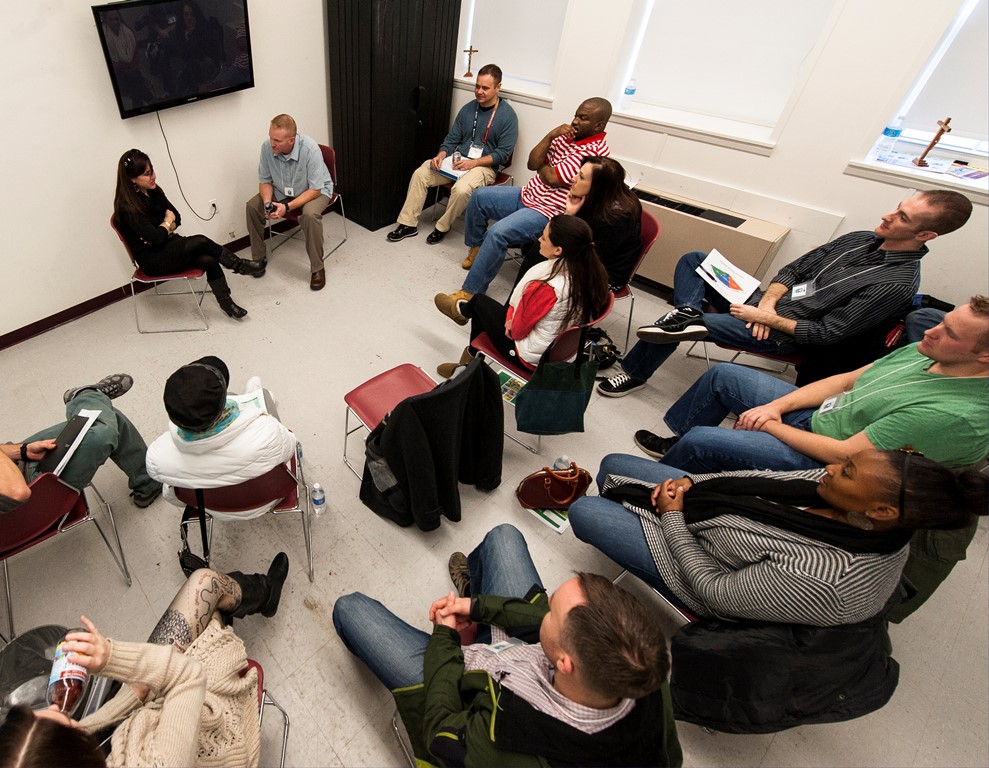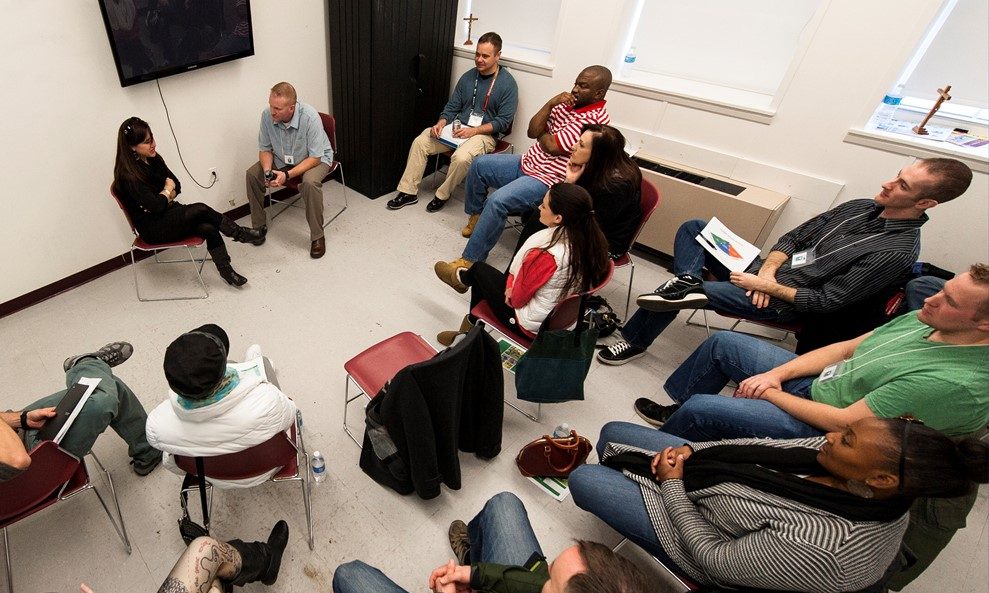
By Stanley Popovich
There are many reasons why people who struggle with drugs and alcohol do not get the help they need to overcome their addictions. Some family members who see their loved ones struggle may have a difficult time in getting their loved ones assistance.
Here are six suggestions on how to convince a person struggling with alcohol or drugs to get help.
1. A family intervention could work.
The most popular way to get someone the help they need is to do a family intervention. This is when family members and an interventionist get together with the addict to tell them how they love them and wish that they’d get some help. The person who is struggling listens and hopefully they become convinced to get the help they need.
2. Talk to the person about what will happen if they do not get help.
Another way to convince the person who is struggling with alcohol or drugs is to get someone who is an expert on addiction and have them do a one on one talk with this person. This expert on addiction should explain to the addict what will happen if they do not get the help they need to get better.
3. Use the services of a professional or a former addict.
Try to find a professional or even a former addict who has “been there” to talk to the person. A former addict could use their experiences to try to reason with the person. These experts are usually trained and can use a proactive approach trying to convince the addict to get help.
4. Find out the reasons why the person won’t get help.
Ask the person who is struggling with alcohol or drugs to list three reasons why they will not get help. Once you get the answers, WRITE them down on a piece of paper. Note: fear and frustration are huge factors for the person not getting help.
5. Determine the solutions to those barriers.
Once you get those three reasons, get a professional or an expert to find the solutions to those issues that are preventing the person from getting help. The goal is to find ways that will help the person overcome their reluctance to get help. Once you get the answers, the next step is to explain to the person who is struggling what you came up with. Hopefully, this may convince the person to get some help once you address their reluctance to getting treatment.
6. Talk to the person instead of talking at them.
Nobody wants to be lectured. Be honest with them and tell them that it will require some hard work on their part but that they can get better. The person who is struggling is scared and they need help in overcoming their fears and resistance to getting help. Always try to address the barriers that are preventing the person from getting treatment.
Stan Popovich is a Penn State graduate and the nationally known anxiety author of “A Layman’s Guide to Managing Fear”— an easy-to-read overcoming anxiety book that’s helped thousands of people to confidently manage their persistent fears and anxieties. Stan has over 20 years of personal experience in dealing with fear and anxiety. For more free mental health advice visit Stan’s website at managingfear.com and read Stan’s articles and his blog. The above is not intended to be a substitute for professional medical advice, diagnosis, or treatment. Mr. Popovich is not a medical professional. Always seek the advice of your physician or other qualified health providers with any questions you may have regarding a medical condition. Never disregard professional medical advice or delay in seeking it because of something you have read here.







